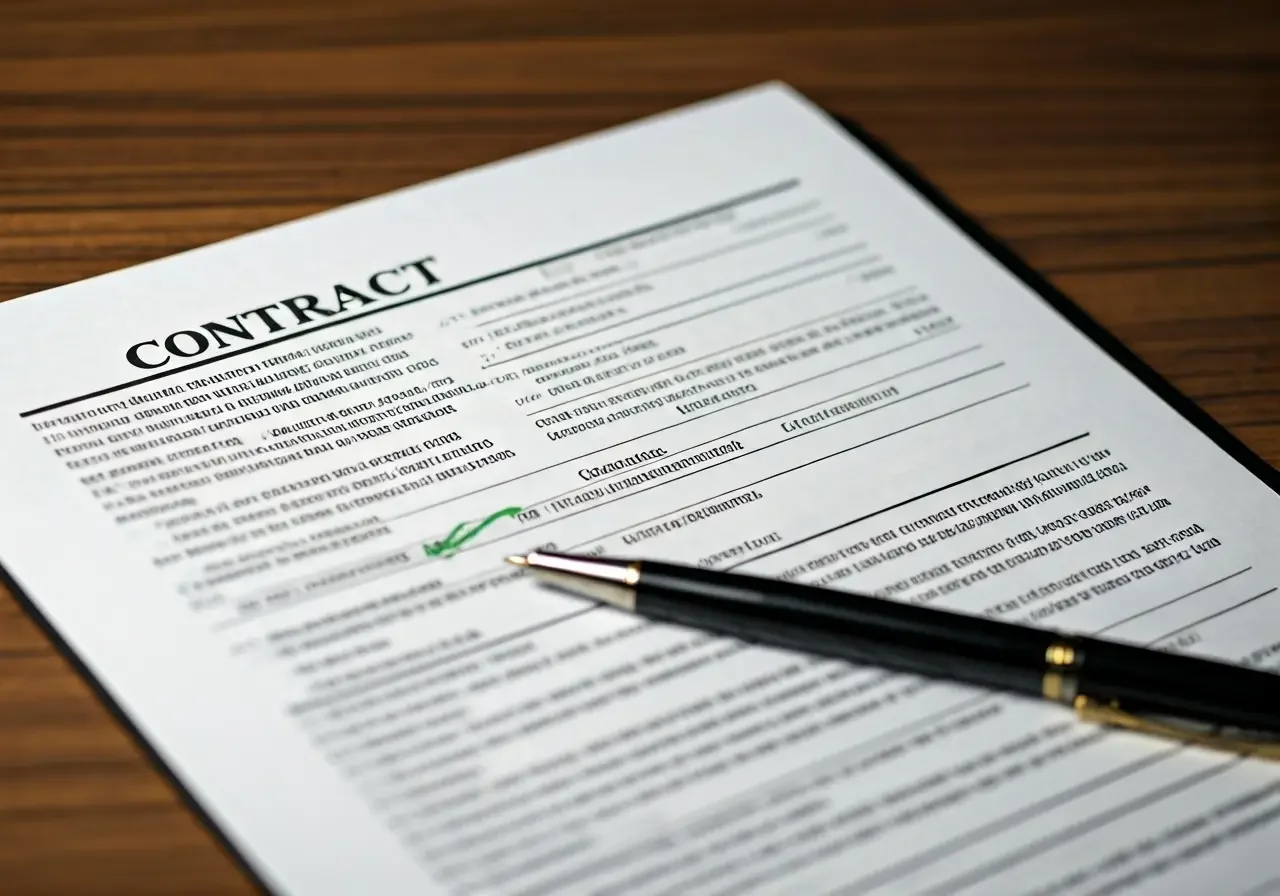What Responsibilities Does an Indemnitor Have?
If you've ever come across the term 'indemnitor,' you might wonder what it entails. Indemnitors play a crucial role in protecting parties from loss or damage. In this FAQ, we'll break down the responsibilities of an indemnitor in a simple and conversational way.
What is an Indemnitor?
An indemnitor is a party who agrees to compensate another party for potential losses or damages. This role is crucial in various contracts and agreements where risk and liability are factors.
But what exactly does this mean? Imagine a situation where someone needs to post bail—an indemnitor would be the person who guarantees the bail amount, ensuring that the court gets its money if the defendant doesn't comply with their court obligations. It's a promise of sorts, a financial guarantee that can make or break agreements in legal settings.
The role of an indemnitor goes beyond just being a financial backer. It's about trust and responsibility. This role requires an understanding of the terms involved and the willingness to uphold those terms to protect the interests of the involved parties.
Ensuring Compensation for Losses
One of the primary responsibilities of an indemnitor is to cover any financial losses that the indemnitee may incur. This means being prepared to pay compensation promptly and adequately.
In the context of bail bonds, this responsibility is significant. For example, if someone skips their bail, the indemnitor is the one who needs to cover the bail amount. It's important, therefore, to understand the financial consequences that can arise from being an indemnitor.
The indemnitor's role in ensuring financial compensation allows the indemnitee to proceed with their activities without fear of unmanageable loss, thus fostering a more stable and trusting environment in legal and business transactions.
Securing Indemnification Agreements
An indemnitor is often responsible for drafting or securing agreements that outline the terms of indemnification, ensuring that both parties understand their obligations and rights.
These agreements are critical in setting clear boundaries and expectations. Typically, they spell out details like the extent of coverage, the obligations under specific circumstances, and procedures for claims and disputes. A well-crafted indemnification agreement is essential in mitigating risks effectively.
Negotiating these agreements requires a diplomatic and knowledgeable approach. Having a solid agreement can prevent misunderstandings and conflicts down the line, ensuring that all parties remain on the same page.
Managing Risk and Liability
Indemnitors must assess risk and liability carefully. This involves understanding the potential for claims and ensuring measures are in place to handle them efficiently.
Managing risk means being aware of the possible scenarios and having contingency plans. For instance, in bail bond scenarios, one would consider the risk of the defendant fleeing and the associated financial implications. The indemnitor's foresight and planning are fundamental to managing these risks.
Ultimately, by managing risk and liability effectively, indemnitors can prevent minor issues from escalating into major problems, thus protecting their interests and ensuring smooth execution of their responsibilities.
Wrapping Up Indemnitor Responsibilities
Understanding the responsibilities of an indemnitor is essential in protecting yourself and others from potential risks. From paying compensation to securing agreements, each responsibility requires careful attention and understanding. By being informed, you can fulfill your role effectively and ensure security and peace of mind. If you need assistance or have questions about being an indemnitor, feel free to reach out to us at Blandon Bail Bonds.

